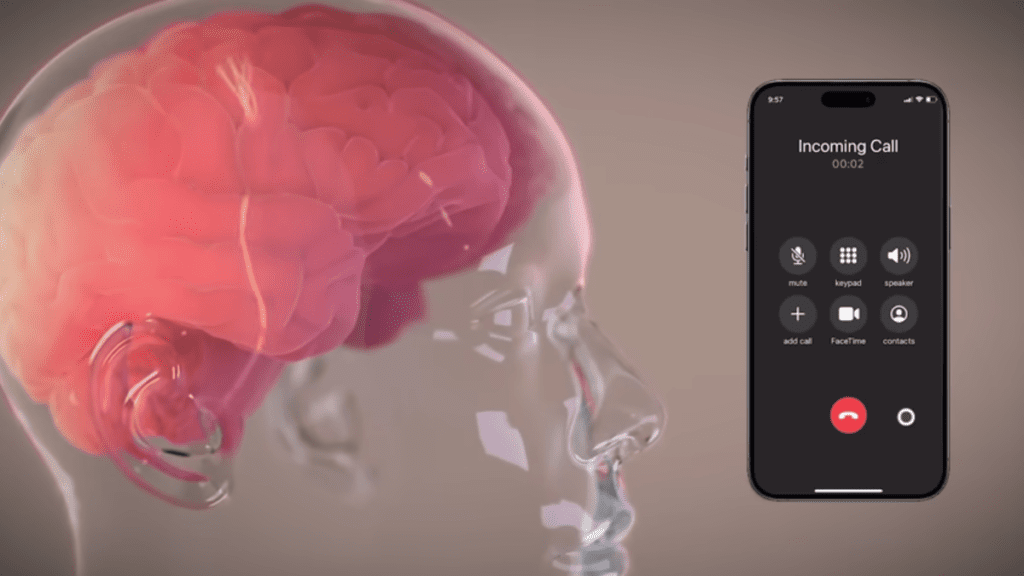Elon Musk's Neuralink Cause For 'A Lot Of Concern': Doctors

Neuralink, Billionaire Elon Musk’s tiny side hustle and dating service, began brain-computer interface implant long-term trials in human subjects late last month, the third such company to do so. There are very few details available about the trial’s first volunteer, though Musk said on Twitter Spaces this week that the subject “seems to have made a full recovery, with no ill effects that we are aware of” and “is able to move a mouse around the screen by just thinking.” As is common with Musk and his various enterprises, no proof of this is offered beyond just taking him at his word, and his word has been proven disreputable time and time again. This has caused others in the field to express their concerns.
Tesla’s Cybertruck Has Finally Arrived
“[Neuralink is] only sharing the bits that they want us to know about,” Sameer Sheth, a neurosurgeon who specializes in implanted neurotechnology at the Baylor College of Medicine, told Nature. “There’s a lot of concern in the community about that.”
In addition to Neuralink’s ambitious goals of giving paralyzed patients a renewal of mobility or communication (“Imagine if Stephen Hawking could communicate faster than a speed typist or auctioneer.” Musk posted on Twitter.) The company has developed a surgery robot which is purported to be instrumental in the process of implanting the brain chip. This robot has been shown performing surgery on a dummy, and stitching an implant into a segment of agar, but the company has not yet confirmed if it is using the robot on human or animal subjects.
The company’s lack of communication with the medical community at large is the cause of some concern. “Brevity is not so admirable in novel human research,” said The Hastings Center’s scathing rebuke of Musk’s tweet.
“Opening up the brain of a living human being to insert a device, particularly someone with serious medical problems, deserves more than a two-sentence report on what is, in effect, a proprietary social media platform not distinguished for its reliability where facts are concerned. This human research subject, their family, all potential future research subjects and patients, the medical community, and all of us deserve more,” the report continued.
Considering the issues Neuralink had in its early testing with animal subjects, including the deaths of a dozen macaque monkeys during the period between 2018 and 2020, we have to hope that the company has upped its safety procedures in the last four years, in the process of graduating to human testing. Musk claimed on Twitter that no monkeys died as a result of Neuralink implant, but the Securities and Exchange Commission says he knew this statement to be false.
So far Neuralink hasn’t really broken any new ground. BCI implants have been capable of moving a cursor on a screen with a human subject since 2004, and earlier in non-human primate subjects. Until the company finds it prudent to tell the world a bit more about its process and the functions it is capable of controlling, there’s no way of knowing whether Neuralink will actually accomplish any of the goals it has set for itself.



